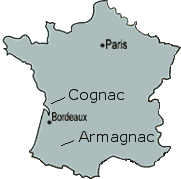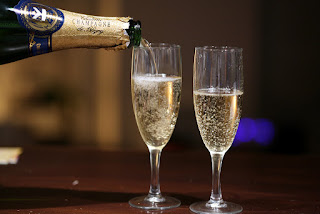Establishing a wine collection can prove very rewarding. Wine is truly unique, with numerous styles and vintages available, making it a natural fit for collecting, as there’s always something new to acquire. In order to help you get started, Ideal Wine Company explains how to start a wine collection.
Learn the lingo
Wine-making is complex and over time, the industry has developed its own language. It is advisable to familiarise yourself with key wine-making terms, such as vintage, terroir and chateau, so you can read wine tasting notes accurately, allowing you to source quality bottles. Visit the Glossary Page on Ideal Wine Company’s official site to learn more about essential wine terminology.
Determine your tastes
There’s no substitute for experience. We would suggest that you taste any wine before you buy it, to determine whether it’s a quality product worthy of your collection. It is also key that you determine what kind of wine you like, before starting a collection, because ultimately, wine is your passion. Otherwise you may buy into wine trends and lose your passion for collecting your favourite tipple.
Read this article in full with Ideal Wine Company.



